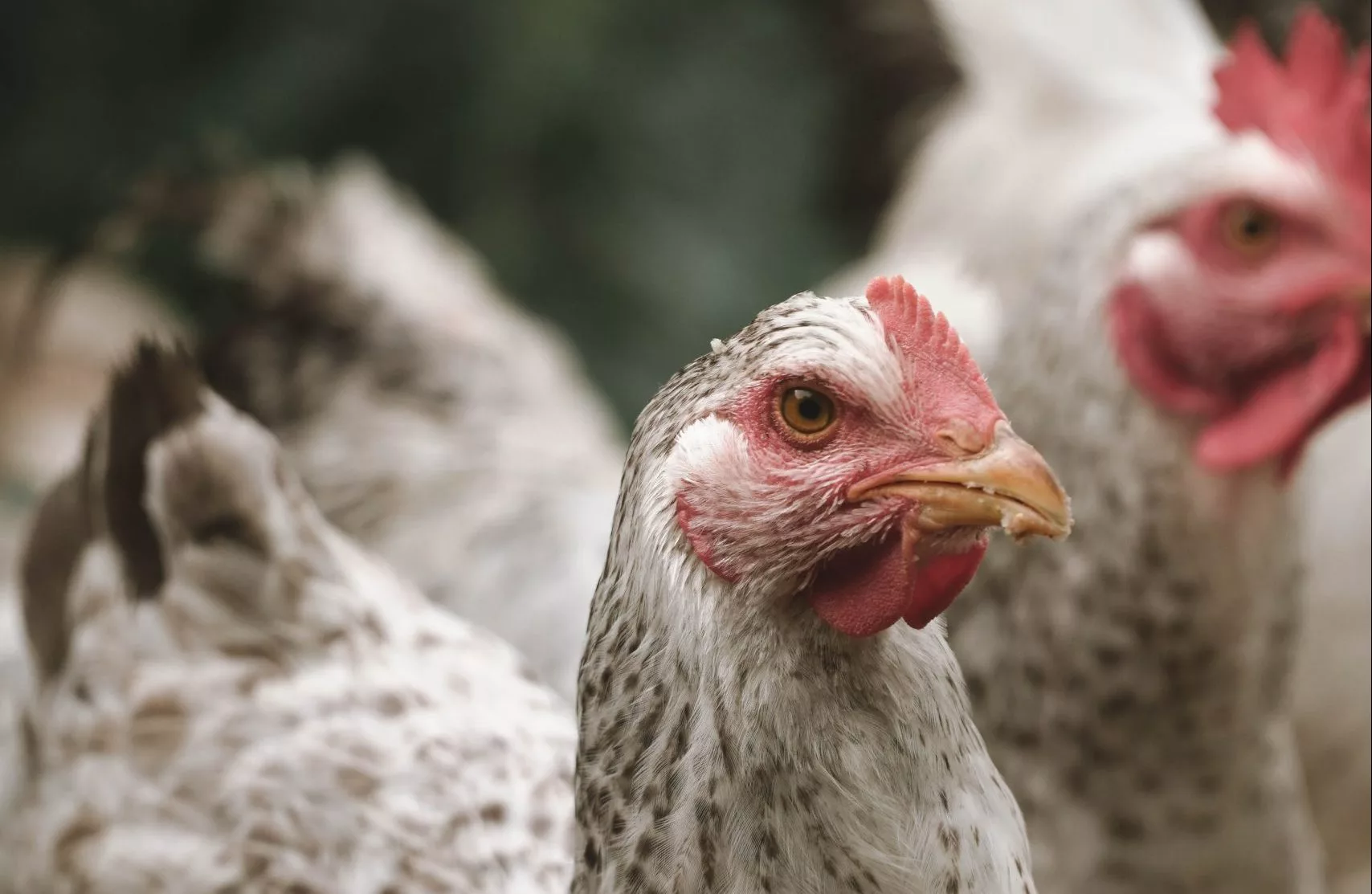Bird flu, also known as avian influenza, is a highly contagious virus that can infect chickens and other poultry species. The virus can cause severe illness and death in birds, and in some cases, it can also be transmitted to humans. To prevent the spread of bird flu among your chickens flock, it is important to take a number of precautions.
- Keep your flock isolated: One of the best ways to prevent the spread of bird flu is to keep your chickens isolated from other birds. This means avoiding contact with wild birds, as well as other poultry farms. If you do need to move birds, make sure they are kept in quarantine for at least two weeks before being introduced to the rest of the flock.
- Practice good biosecurity: Biosecurity measures are essential for preventing the spread of bird flu. This includes things like keeping the flock’s living areas clean and disinfected, using protective clothing and equipment when handling birds, and limiting access to the flock to essential personnel only.
- Vaccinate your birds: If a bird flu outbreak occurs, vaccination can help prevent the spread of the virus to healthy birds. Consult with your veterinarian on the best vaccine options and schedule.
- Monitor for signs of illness: Keep an eye out for signs of illness in your birds, such as coughing, sneezing, nasal discharge, and difficulty breathing. If you suspect that one of your birds is sick, isolate it immediately and contact a veterinarian for advice.
- Report any suspicious cases: If you suspect that your flock may have been exposed to bird flu, contact your local animal health authorities immediately. They will be able to advise you on the best course of action and may also take samples from your birds to test for the virus.
In conclusion, bird flu is a serious disease that can cause significant losses for poultry farmers. To prevent the spread of bird flu among your chickens flock, it is important to keep your flock isolated, practice good biosecurity, vaccinate your birds, monitor for signs of illness, and report any suspicious cases to the authorities. By taking these precautions, you can help protect your flock and the wider poultry industry from the devastating effects of this virus.

